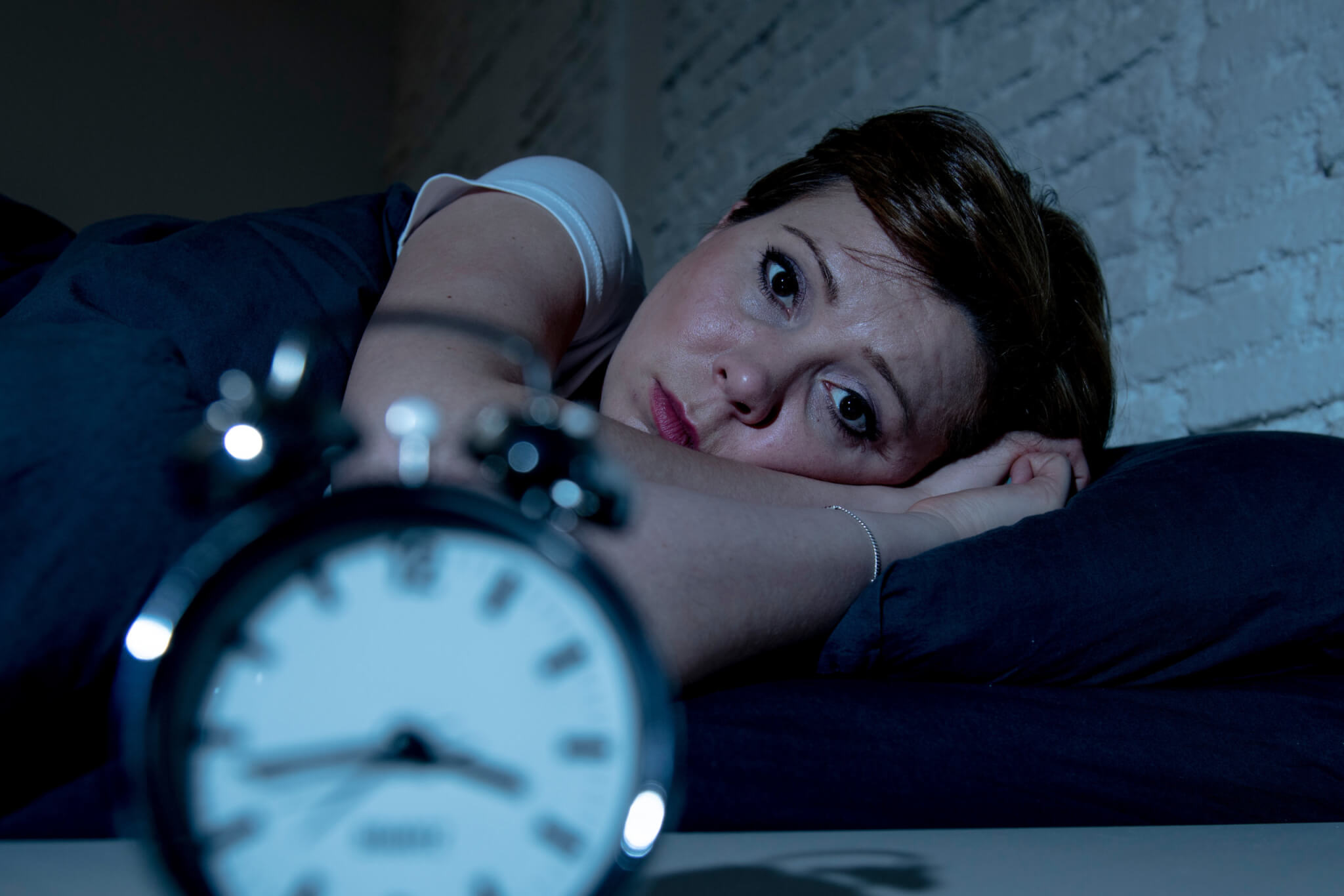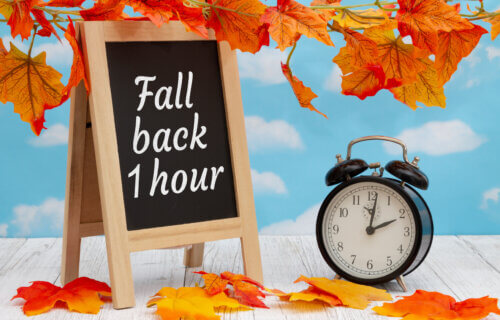MINNEAPOLIS – Many older adults could end up experiencing disrupted sleep after turning their clocks back, despite the additional hour of rest, a recent study explains.
The research reveals that the end of daylight saving time (DST), which effectively adds 60 minutes to the clock overnight on Nov. 6, leads to an increase in sleep disorders among those over the age of 45. These disturbances include challenges in both falling asleep and maintaining sleep, according to the report published in the journal Neurology.
However, researchers did not observe the same association when people lost an hour of sleep in the spring — switching from standard time to DST. Additionally, the researchers noted a slight seasonal variation in sleep duration.
“Sleep plays an essential role in maintaining good health, mood, cognition, job performance, and social activity, and it is influenced by the circadian rhythm, the internal clock that regulates body processes,” says study author Ron Postuma, MD, MSc, of McGill University in Montreal, a member of the American Academy of Neurology, in a media release. “The good news is that the sleep disruptions we observed following the change to standard time were brief and no longer evident two weeks after the shift.”
Over 30,000 participants, between 45 and 85, took part in the study. They filled out a questionnaire that assessed various aspects of sleep, such as duration, satisfaction, onset, maintenance, and daytime sleepiness.
Questions included, “Over the last month, how often did it take you more than 30 minutes to fall asleep?” and “Over the last month, how often did you wake in the middle of the night or too early in the morning and found it difficult to fall asleep again?”
Respondents indicating these issues three or more times a week were categorized as having sleep problems.

In analyzing the transition back to standard time in the fall, the researchers compared responses from participants who filled out the questionnaire a week before the change to those who did so a week after. After accounting for variables such as age, sex, and location, they observed a 34-percent increased risk of sleep dissatisfaction in the latter group. Moreover, 28 percent of those surveyed post-transition reported sleep dissatisfaction, compared to 23 percent pre-transition.
Additionally, those surveyed after the transition were twice as likely to have trouble falling asleep, faced a 64-percent increased risk of difficulty staying asleep and had double the risk of excessive sleepiness during waking hours.
Conversely, for the transition to daylight saving time in spring, no significant difference in sleep disturbances was found between participants surveyed a week before and a week after. Nonetheless, there was a noted nine-minute reduction in sleep duration following the transition.
When examining seasonal variations, the researchers found no significant difference in sleep disturbances. However, the team observed a slight variation in sleep duration. Participants surveyed in summer reported the shortest sleep duration, averaging 6.76 hours per night. Those surveyed in winter reported the longest sleep duration, averaging 6.84 hours per night, marking a five-minute difference.
“As disruptive as these transitions may feel in the short term, there may be few long-term implications of the repeated switch back and forth from daylight saving time to standard time,” Postuma continues.
“However, previous research has linked the transitions to and from daylight saving time with higher rates of accidents as well as an increased risk of stroke and heart attack. Future studies are needed that follow individuals over time, including people living in areas with different light exposure and seasonal changes.”
Dr. Postuma notes that the results are limited by only including middle-aged and older adults, so results may not be the same among younger people.
You might also be interested in:
- Ending daylight saving time may actually be bad for your health
- As Daylight Saving time ends, expect an uptick in assault cases
- Best Alarm Clocks In 2023: Top 5 Products Most Recommended By Experts
South West News Service writer Stephen Beech contributed to this report.

